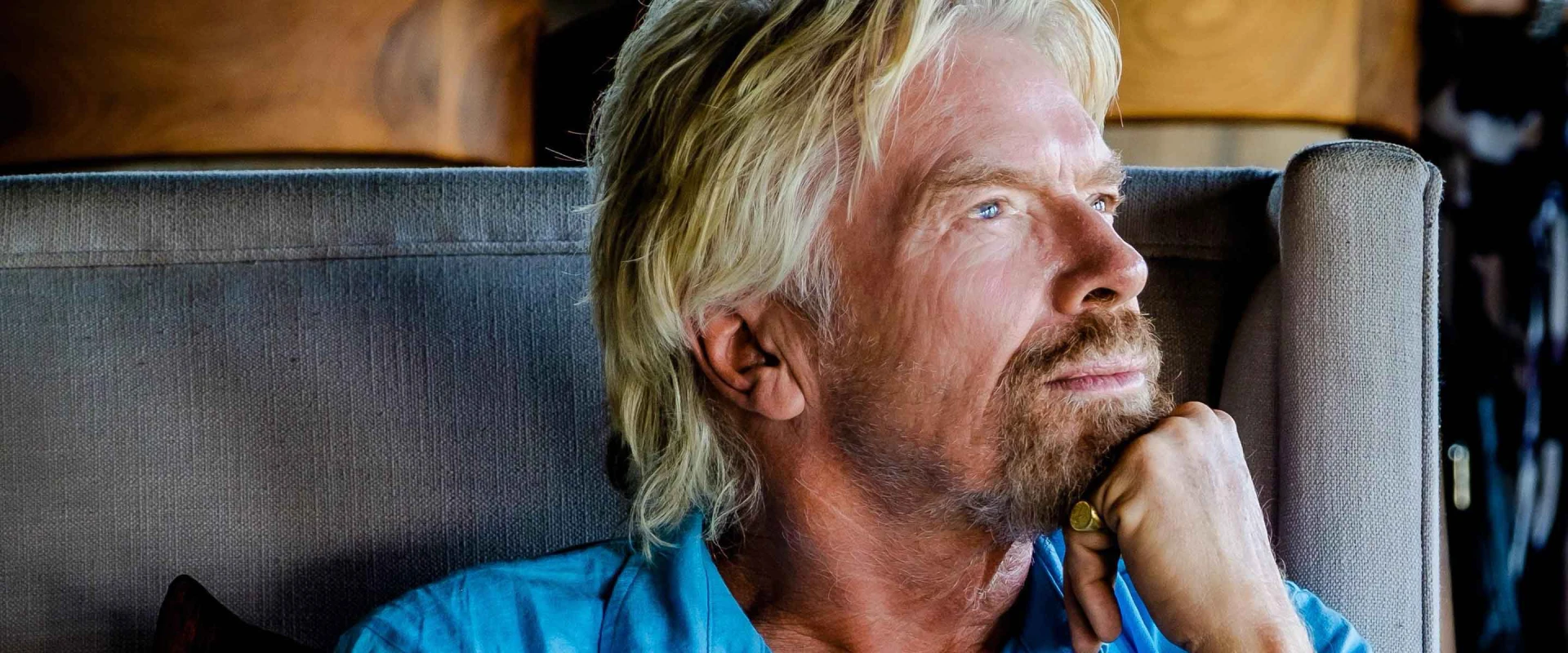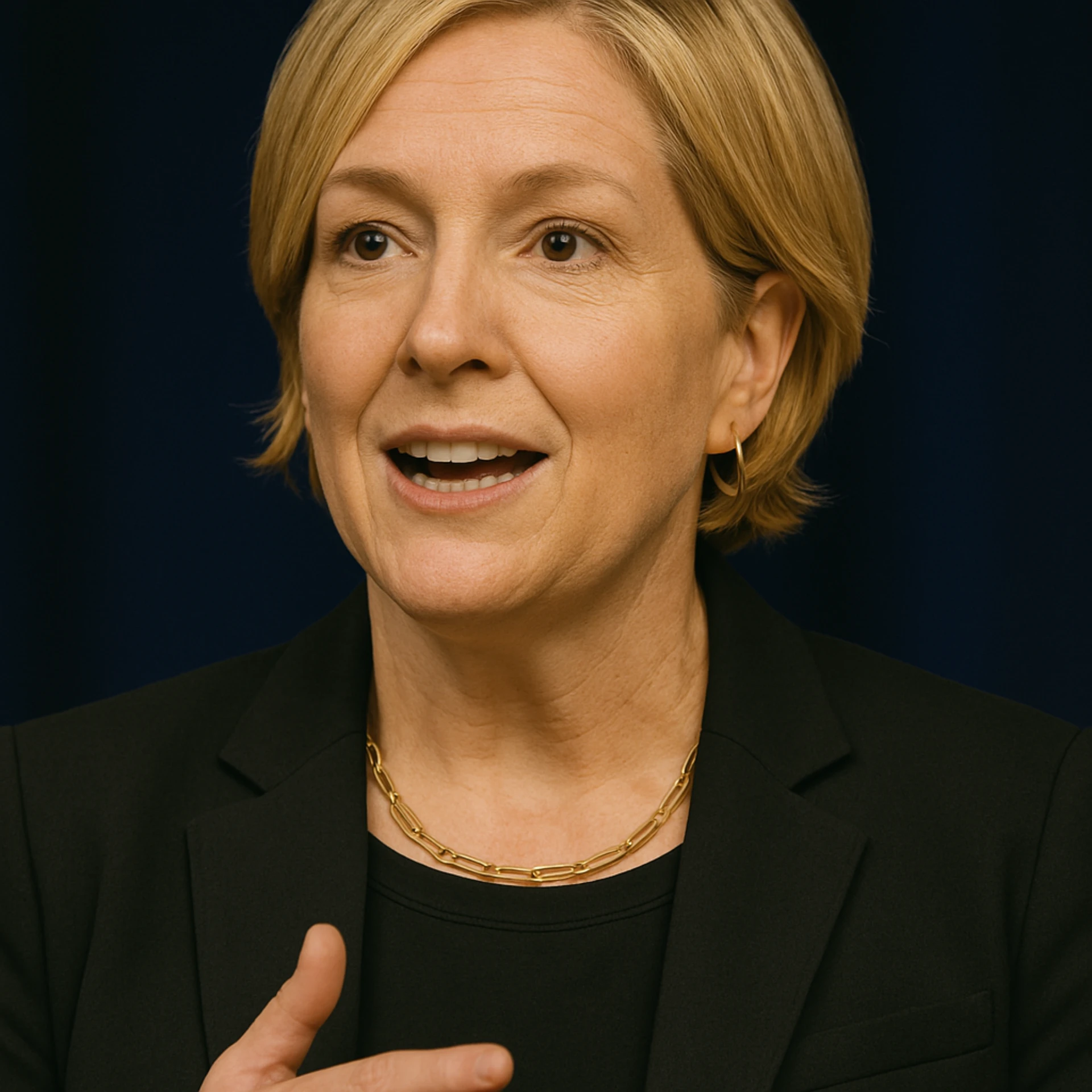Richard Branson, the founder of Virgin Group, is a quintessential example of a successful leader whose charisma has played a pivotal role in shaping his business empire and leadership style. Renowned for his adventurous spirit, innovative thinking, and approachable demeanour, Branson embodies the traits of a charismatic leader, influencing his organisation and the broader business landscape. This case study delves into his leadership style and the significant impacts of his charisma on team performance and organisational culture.
1. Charisma and Personal Branding
Branson’s charismatic personality is critical to his personal and corporate brand. He is an approachable and fun leader who values creativity and individuality. This authenticity resonates with employees, fostering a strong sense of loyalty and commitment.
Branson famously engages with his team directly, often participating in events alongside them, breaking down traditional hierarchical barriers. His hands-on approach demonstrates that he values input from all levels within the organisation, empowering employees to contribute ideas and innovate.
2. Visionary Leadership
A charismatic leader often possesses a clear vision that inspires others. Branson has articulated a powerful vision for Virgin Group, which is characterised by challenges and disruption in various industries, including music, travel, and telecommunications. His commitment to social and environmental issues, such as promoting sustainability and championing rights for marginalised communities, further cements his role as a leader who cares about more than just profit.
Branson’s vision galvanises employees, motivating them to align their personal goals with the organisation’s overarching objectives. His ability to communicate this vision effectively ensures that everyone within Virgin Group understands their role in achieving it and feels valued.
3. Empowering Culture and Team Dynamics
Branson’s charisma is instrumental in creating a workplace culture that promotes empowerment and innovation. He has long advocated for a relaxed and enjoyable work environment, promoting the idea that happy employees lead to better performance. Virgin Group’s ethos encourages creativity and taking risks, which stems from Branson’s own willingness to embrace adventure and learn from failures.
The result is a culture where employees feel supported to express their ideas openly, fostering an environment of collaboration. For instance, Virgin’s initiative to allow employees to spend a percentage of their time on passion projects has led to innovations that benefit the employees and the organisation as a whole.
4. Influence on Team Performance
Branson’s leadership style significantly impacts team performance. His relational approach encourages loyalty and high levels of employee engagement, which are crucial for productivity. A Gallup (2017) study found that organisations with high employee engagement outperform their competitors in productivity and profitability.
Branson’s charisma also assists in building charismatic teams. He often highlights the importance of teamwork and collaboration, believing that working together harmoniously can achieve remarkable results. His philosophy is evident in various Virgin ventures, where cross-functional teams have driven innovation and overcome challenges.
5. Conflict Resolution and Empathy
An essential aspect of charismatic leadership is the ability to manage conflict and build consensus. Branson’s empathic style enables him to address issues head-on while allowing team members to feel heard and valued. His ability to connect on a personal level fosters an open dialogue, making it easier to resolve conflicts without damaging relationships.
By acknowledging different viewpoints and fostering a culture of understanding, Branson inspires his teams to work through disagreements collaboratively, ultimately strengthening collaboration and trust within the organisation.
Conclusion
Richard Branson’s charisma has been a vital asset in his journey as a leader and entrepreneur. His ability to connect with people, articulate a compelling vision, and create an empowering organisational culture exemplifies charisma’s immense potential in business leadership. The positive impact of his leadership style on team performance, employee engagement, and organisational innovation underlines how important charisma training can be for professionals aiming to enhance their effectiveness as leaders. Branson’s story serves as a powerful reminder that charisma is not merely an innate trait but a skill that can be cultivated, refined, and leveraged for tremendous impact.










